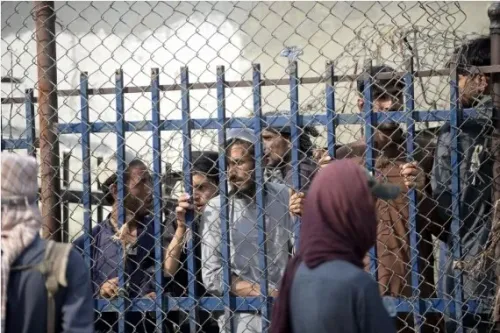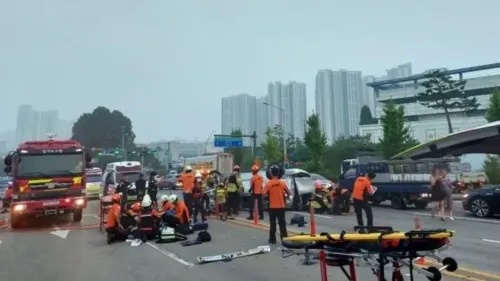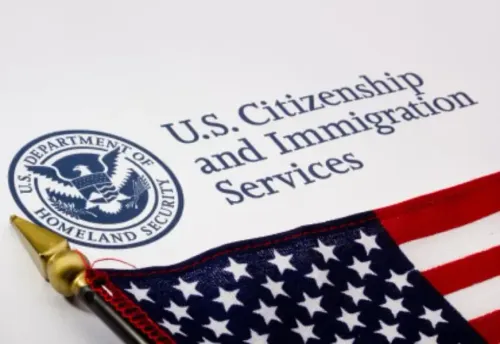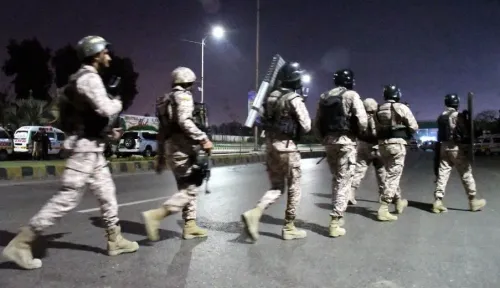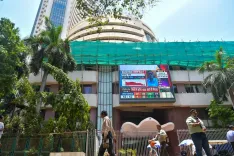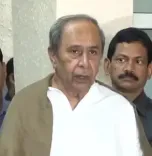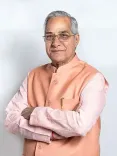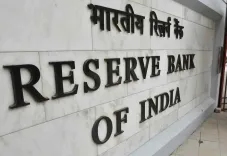Zimbabwe's President Denounces Attacks on Peacekeepers in Congo
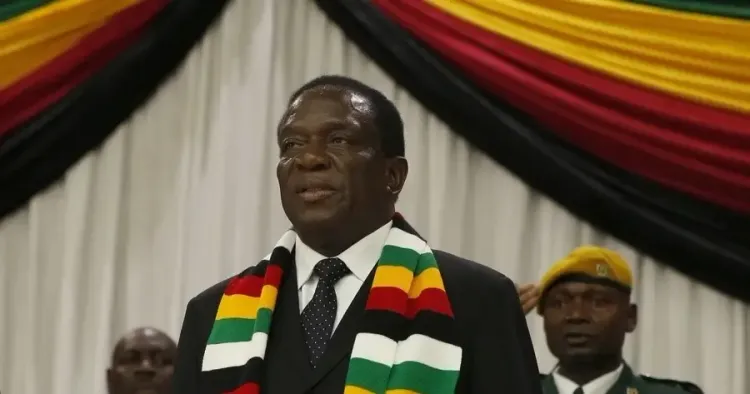
Synopsis
Key Takeaways
- President Mnangagwa condemns armed groups in DRC.
- Attacks on peacekeepers led to casualties.
- SADC extends DRC peacekeeping mandate by a year.
- Over 400,000 displaced due to conflict.
- M23 rebellion advances in North and South Kivu.
Harare, Jan 28 (NationPress) Zimbabwean President Emmerson Mnangagwa has strongly criticized armed factions operating in the eastern region of the Democratic Republic of the Congo (DRC) for their recent assaults on peacekeeping operations.
In a statement made on Monday, Mnangagwa, who also serves as chairperson of the Southern African Development Community (SADC), expressed his disapproval of the attacks targeting UN and SADC peacekeepers, which led to numerous casualties. He conveyed his heartfelt condolences to the families of the victims.
In November 2024, the SADC decided to extend its peacekeeping mission in the DRC for an additional year due to ongoing violence in the eastern part of the country.
Mnangagwa indicated that the SADC would take decisive measures to address the worsening security and humanitarian crises in eastern DRC, asserting that “those accountable for these actions will be punished.”
Since the onset of 2025, over 400,000 individuals have been displaced in eastern DRC, where clashes between the Congolese military and armed groups have escalated, as reported by Xinhua news agency.
Escalating tensions persist in the DRC, particularly as the March 23 Movement (M23) rebellion progresses in the North Kivu and South Kivu provinces.
The President of the DRC, Felix Tshisekedi, is anticipated to address the nation concerning the humanitarian emergency and significant advances made by the rebellion in the eastern region, according to a DRC official. However, the exact timing of his address remains unspecified.
Vital Kamerhe, the President of the National Assembly, revealed after a high-level meeting led by Tshisekedi that discussions focused on the humanitarian and security situations in Goma, the capital of North Kivu, which is currently under rebel threat.
Reports indicate that since Sunday evening, gunfire has echoed throughout Goma, a city that is home to over 700,000 internally displaced individuals living on its outskirts. On Monday morning, combat intensified across various areas of the city, particularly near the border with Rwanda, local sources informed Xinhua.
Bruno Lemarquis, the deputy UN envoy and chief UN humanitarian official in the DRC, stated at a news conference on Monday that “active combat zones have expanded to all neighborhoods of the city.” He added that the situation in Goma is “rapidly changing.”
Other local reports indicated that the rebels gained an advantage after seizing Mount Goma, a strategic hill located 1,500 meters above sea level in the city’s center. Several M23 units were observed moving through the neighborhoods, with residents witnessing their movements along both major and minor roads.
UN sources reported that the border between Rwanda and the DRC near Goma was closed on Monday morning. For several days, many residents of Goma had crossed the border seeking refuge in Gisenyi, a Rwandan town adjacent to the DRC, where panic has been escalating amid gunfire reports.
In its latest announcement released early Monday, M23 declared that the “liberation of the city has been achieved” and that “the situation is under control” following a 48-hour ultimatum issued to Congolese soldiers.
According to UN peacekeeping mission sources, the rebel faction has taken control of several critical facilities, including the airport, the port, and a DRC military base. A recent report from a UN expert group indicated that the rebels have also captured various towns and established an alternative administration.


